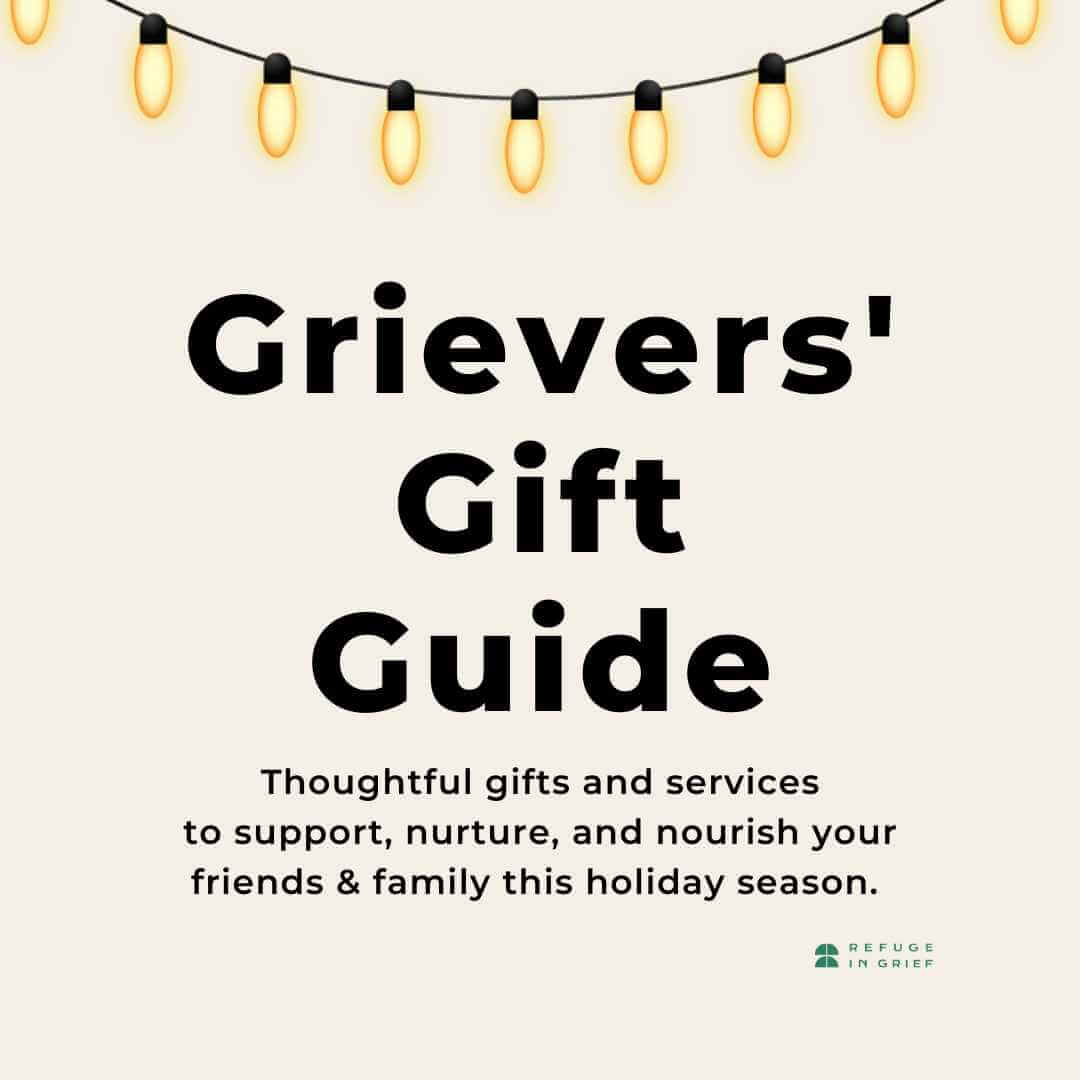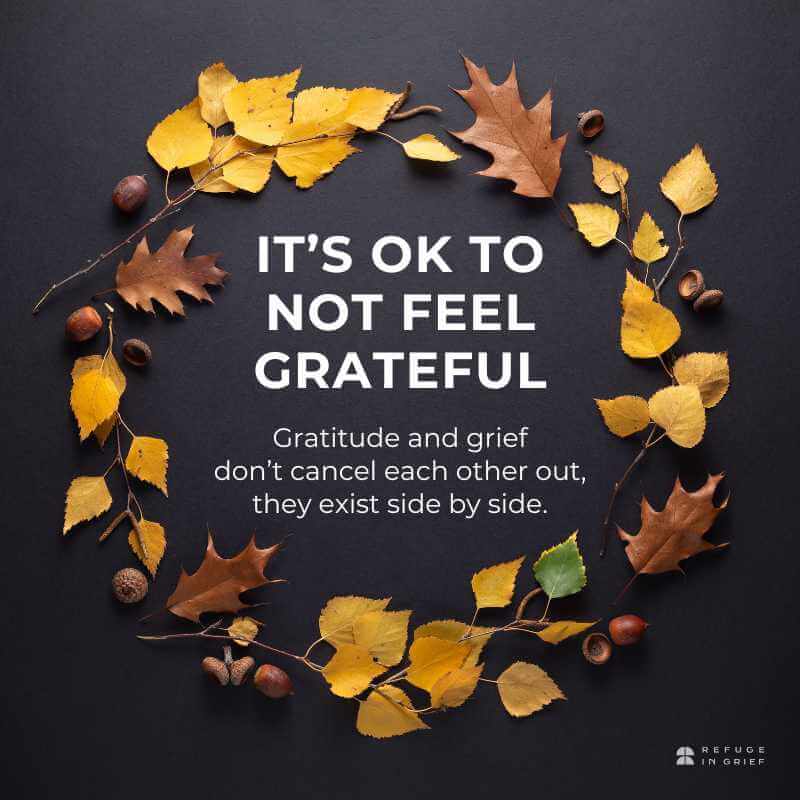Pain vs Suffering: You can’t solve grief, but you don’t have to suffer
I’ve been talking to a lot of you about the difference between pain and suffering. It’s an interesting – and useful – distinction, especially in grief. Not knowing the difference between the two is why so many intended words of comfort feel so awful: support people are trying to remove pain, instead of helping you address suffering. So what’s the difference?
In the first few months after Matt died, someone told me I would “do better” if I just turned away from the hole in my life. And as nicely as I could, which probably wasn’t very nicely at all, I told them that the hole was my life; that I needed to find ways to stay with it, to stay beside that gaping hole, to find ways to stay present with it and not just skip over it. I couldn’t just decide to ignore it. That would have been lying to myself.
Pain and grief are part of life. They’re part of love. Pretending pain didn’t exist wasn’t going to make me better.
No matter what our medical model or the general culture believes, grief is healthy. It’s a sane response to the physical loss of someone, or something, you love. You grieve because you love. That grief hurts makes perfect sense. That grief is painful doesn’t make it wrong.
It’s important here to note the difference between pain and suffering. Pain is pure. Pain is a natural response to loss and to hardship and to death. There’s nothing wrong with pain. Pain simply is. The answer to the pain of grief is not how to get yourself out of it, but how to support yourself inside it.
Being allowed to tend to your grief, without feeling like you need to fix it or clean it up, makes grief, itself, easier.
Suffering comes with all of the crap that gets loaded on us by friends and colleagues and random strangers who, with the best of intentions, correct, judge, or give advice on how we need to grieve better. Suffering comes when we don’t eat, don’t get enough sleep, spend too much time with toxic people, or pretend we’re not in as much pain as we’re in. Suffering comes when we rehash the events that led up to their death, punishing ourselves for not preventing it, not knowing more, not doing more. Suffering comes with anxiety, and fear, and isolation.
There’s so much helplessness inside of grief, so much pain that cannot be fixed. Suffering, however, is optional. That distinction can help you figure out what things can be changed, and what things simply need to be supported.
In grief, pain gets tended, suffering gets adjusted.
You might ask yourself, where is there suffering? What tangible problems could be solved in order to reduce suffering? Are you eating, sleeping, moving enough? Can you spend more time with people who support your pain, rather than try to talk you out of it? Are there any places that induce even the smallest bit of calm inside your heart?
Taking even the smallest action on your own behalf to reduce suffering can bring back a little agency, a sense of personal power, inside a world that has turned upside down. With so many events outside of your control, leaning in to those places where you can effect change – helps.
Reducing suffering while honoring and supporting pain is the core of our work together in the Writing Your Grief course. To the outside world, it might seem odd to dive straight into your pain. But being allowed to tell the truth about your grief – both your pain, and your suffering – is often the only medicine that helps. Come see. We’ve got room for you.
 How about you? How do you understand the difference between and suffering in your own grief? Let us know in the comments.
How about you? How do you understand the difference between and suffering in your own grief? Let us know in the comments.


